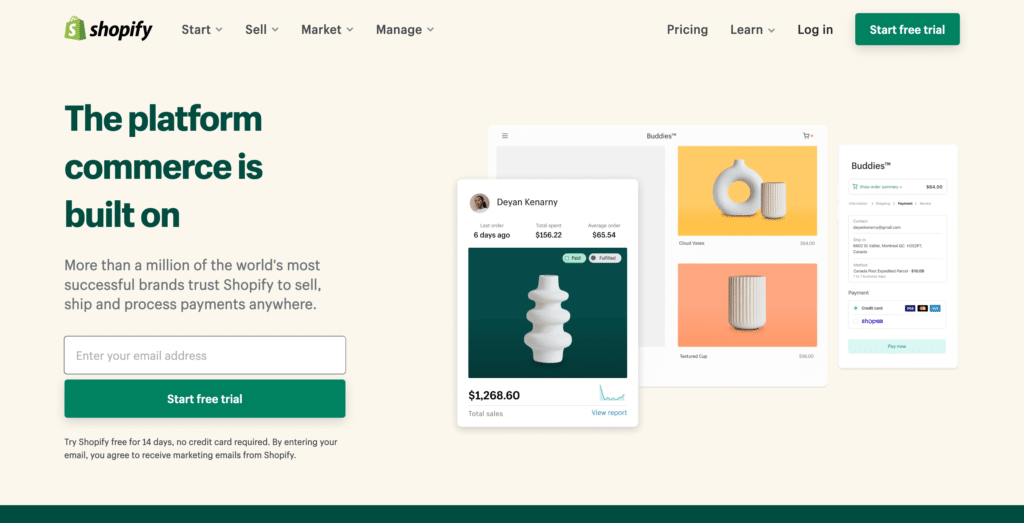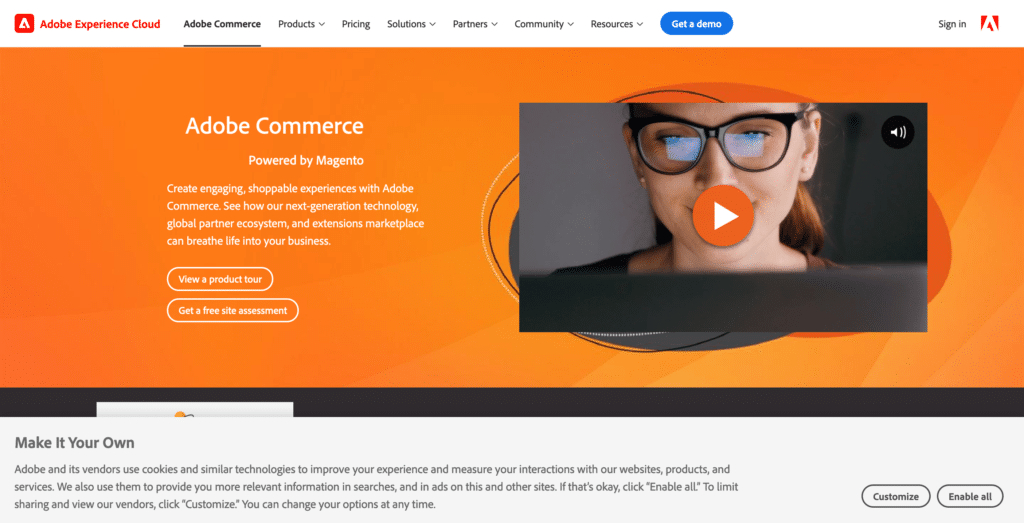Comparing E-Commerce Platforms.
Many businesses are performing all their activities online. Choosing a good E-commerce platform that will ensure sustainable growth is a significant decisions you will make. An increased demand for good platforms has led to great competition between them. This article will compare four of the most popular e-commerce platforms.
BigCommerce
BigCommerce is one of the best platforms for small and medium-sized enterprises. It is user-friendly, with its dashboard being straightforward to use. In addition, it provides scalability to online stores. This platform is equipped with settings and analytics that you can optimize to improve your business’s appearance.

Moreover, BigCommerce is top rated because of its Search Engine Optimization Features making it one of the most popular platforms. In addition, users love it because of its options for personalization and reliability. It allows you to get your products, orders, and customers’ information efficiently.
This platform gives you a free trial, and all you need to do is sign up to their website and start customizing your online store immediately. Furthermore, the platform can withstand a sudden increase in traffic. It is a secures platform to use for your store because it protects your customer’s data.
Pros
- It is fully hosted, and you don’t have to worry about the maintenance of the platform.
- Accepts different modes of payments, giving your customers a variety of choices for payment.
- Has the capability to withstand spiked traffic and still manage your business activities.
Cons
- Themes are expensive as the platform has only seven free themes.
- Many design elements are not flexible, and thus they may fail to provide desired functions or style.
Shopify
Shopify is one of the best platforms for all businesses, despite their size. It has an easy setup with a dashboard where you can add your products and change the appearance of your store. Moreover, this platform allows you to import products from your previous online stores.

In addition, the process of adding products to your dashboard is straightforward. It has a description of what each field is used for. It’s so easy it’s tough to make mistakes.
Shopify is one of the most popular platforms for your online sales activities. With Shopify, you can reach a wide range of consumers.
Pros
- The platform provides 24/7 support through email or phone calls and chats.
- It has many free themes and plugins that allow you to modify the look of your online store.
- Shopify has a budget-friendly starter plan and offers a 14-day free trial.
- It has mobile apps that are Search Engine Optimization friendly.
- Shopify has many app add-ons that make it easy to use if you don’t have much technical knowledge.
Cons
- The platform is fully hosted and thus has limited customization.
- Third-party payment gateways have additional costs.
- Shopify is not free to use and has monthly charges ranging from $9 to $179.
Magento
As one of the most open-source e-commerce platforms, Magento is the most flexible. Magento has many additional features; for example, it has multiple languages, currencies, locations, and sites.

Magento has two website design services. One of them is open-source, which means the code is open to everyone and developers work together to improve the system. The other platform is a paid plan that provides all the hosting services you may be looking for when starting your online store.
Magento is one of the most robust e-commerce systems available. It works especially well for those with development knowledge.
Pros
- The platform uses multiple languages, and currencies thus can be used in different parts of the world.
- It has no transaction fees making it favourable for small businesses.
- Magento has extensive documentation, training, and certification, thus making it easy to learn.
- It has many features that can be used to customize your store and provides a free demo.
Cons
- To effectively use this platform, you must have background knowledge of programming.
- It may consume most of your time when you are undergoing training.
WooCommerce
WooCommerce is our favourite e-commerce platform! It is a free-to-download platform and easy to set up even with little technical skills. This makes it ideal for small-sized businesses just getting started. It is a WordPress plugin and not a standalone platform like the others discussed in this article.
This platform is easily customized, and the WordPress community offers 24/7 online support to the users. It was launched in 2011, and in less than ten years, it has gained popularity, and now it has more than 10 million users worldwide.
WooCommerce has many add-ons that can make your store more attractive and allows you to customize its appearance. If you own a small business, this is the best platform because it is cheap and easy for content creation.
Pros
- WooCommerce is a free and open-source platform with an extensive community willing to help.
- Some many helpful documentations and resources make the use of the platform easy.
- It integrates with other platforms and has many payment gateways.
- WooCommerce has both free and paid themes.
- It has many add-ons that make it easy to customize and serve your business wants.
Cons
- Being a WordPress plugin, you will need to use the WordPress content management system.
- Plugins and extensions can be expensive over time.
Thais a starter list for comparing e-commerce platforms. If you have any questions contact us and let us know. We would be happy to help.

Share This Article
Choose Your Platform: Facebook Twitter Google Plus Linkedin